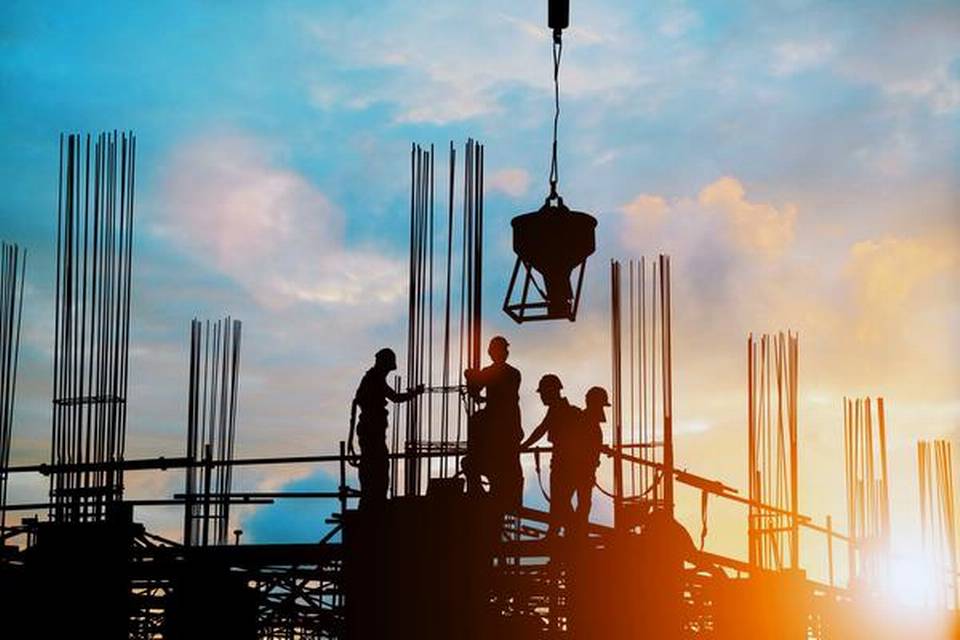
Blogs

Since the past year Chennai, one of India’s premier metro cities, has been hit by an acute water shortage. A weak monsoon in 2018 has resulted in one of the worst Chennai water crisis in many years. As citizens scurry to get even enough drinking water, it is natural that this water scarcity has hit a lot of segments that are water dependent. And one of the most important sectors to feel the severe pinch of this water crisis is Chennai Real Estate market.
In fact, just as builders in Chennai were celebrating the revival of the real estate market after a slump of almost 5 years, the water disaster could not have hit them at a more inopportune time. Once again the real estate industry is feeling the heat and many builders have slowed down their operations. Some of the key factors that have led to this slowdown include
As Chennai faces a water crunch, the first priority for the government is to ensure that drinking water supply is adequate. The summer months have further dried up reservoirs, forcing the Chennai Metro Water Supply and Sewerage Board (CMWSSB) to reduce piped water supply. Naturally, preference of water supply for other needs gets pushed down the list of priorities. This has resulted in industries, including the real estate segment, finding it difficult and costly to meet their water requirements.
In addition to a poor monsoon in 2018, the harsh summer months this year has left the groundswell water levels seriously depleted. This has meant that the real estate industry, which is highly dependent on water supply for work completion, has had to procure water from other sources such as water tankers.
Some builders in Chennai have started making future provisions by using innovative construction technologies that can help minimize water usage (Mahindra Lifespaces uses Gypsum plaster, an alternate material to cement sand plaster which requires 50 per cent less water for mixing and no water for curing).
Other methods include constructing storm water collection and rain water harvesting systems which can increase the quality and yield of groundwater (but this is not an instant solution and will happen only in a couple years).
The severe water shortage, priority to drinking water supply, depleted groundswell levels has meant that the real estate sector has to resort to dire methods, such as buying tank water, to solve their immediate water needs. But the water suppliers charge exorbitant rates for these tankers which only pushes the cost of construction, resulting in a negative impact on the business.
Water shortage on a daily basis means that crucial productive hours are lost, construction timelines go haywire and the final delivery schedule of projects is not met.
To compensate for the losses that the water crisis has dealt their businesses, builders in Chennai are trying to mitigate losses by shifting or starting projects in locations that get at least adequate water supply or are in proximity to water bodies such as lakes. But that has also meant that they lose out on some prime locations (such as Old Mahabalipuram Road (OMR) that houses major IT companies and several luxurious residential properties) that are suffering from severe water shortage.
Another factor that has contributed to the slowdown to Chennai real estate sector is the sand crisis. Sand is an important component of construction but the curbs on local sand procurement’s due to illegal mining, rising prices of river bed sand etc. has meant that builders now have to rely on imported sand. The cost of sand is almost 10% of the total cost of construction and any rise in its cost will naturally drive up the construction cost as well as the final price of the properties. In fact, the combination of water scarcity and shortage of sand has resulted in hundreds of construction projects being stopped in Chennai.
One reputed name in Chennai real estate market is Mahindra Lifespaces who have responded proactively to the water crisis by initiating a number of measures in their projects to save water such as including wastewater treatment plants to reduce potable water use, tertiary water treatment plant and rainwater harvesting to recharge groundwater.
Currently, Mahindra Lifespaces has multiple projects in Chennai and home buyers can choose from Happinest Avadi which offers ready-to-move-in 1 & 2 BHK flats in Chennai, Aqualily, an exclusive gated community of elegant and well-designed 1 & 3 BHK apartments in Chengalpattu and Lakewoods that consists of 2 & 3 BHK ready-to-move-in flats in Chengalpattu. So, if you are looking for a particular type of house such as villas for sale in Chennai or a particular location such as a house for sale in Chengalpattu, your search ends with Mahindra Lifespaces.
References:
1. 99acres – How The Chennai Sand Crisis Is affecting The Construction Industry
2. The Hindu Business Line – Construction Sector Gasps As Chennai Grapples With Water Crisis
3. Economic Times – Chennai Water Crisis Hits Construction Sector
4. Times of India – Water Crunch Puts Construction Down
5. Housing.com – Acute Water Crisis In State
6. Image Source – The Hindu
